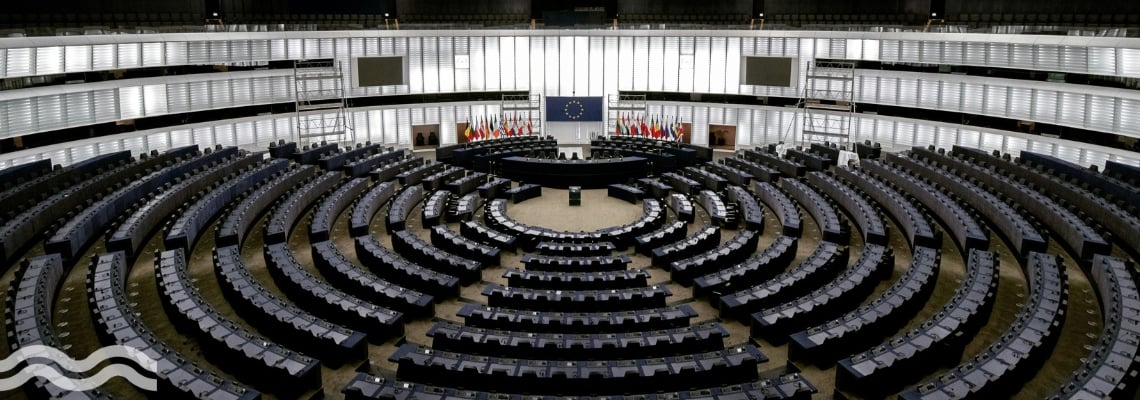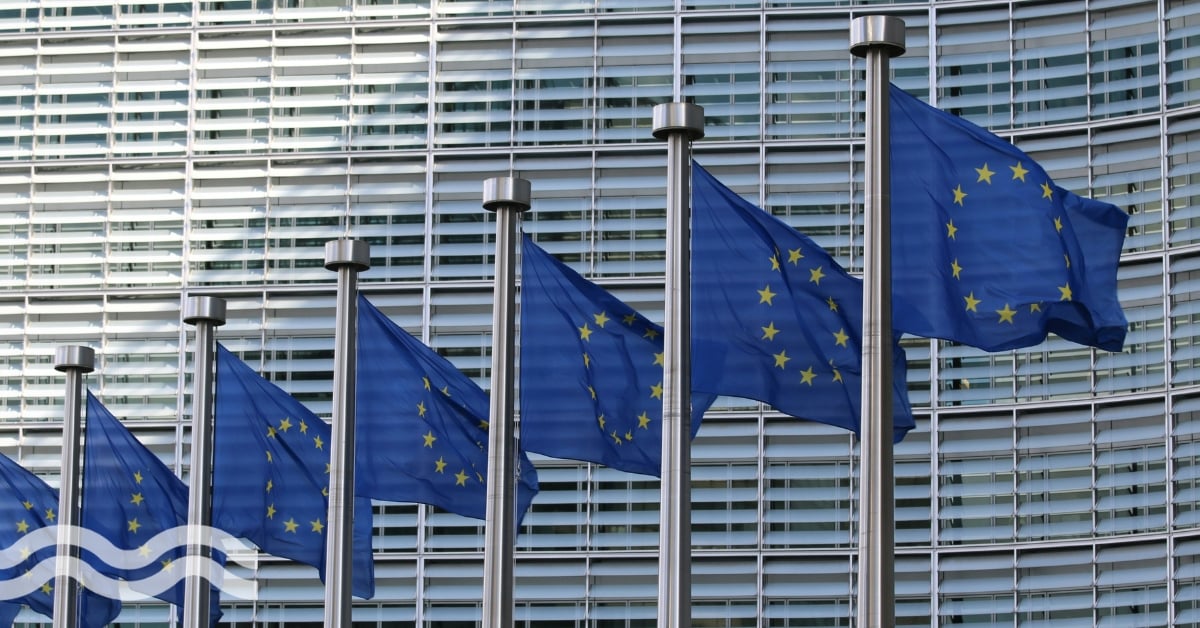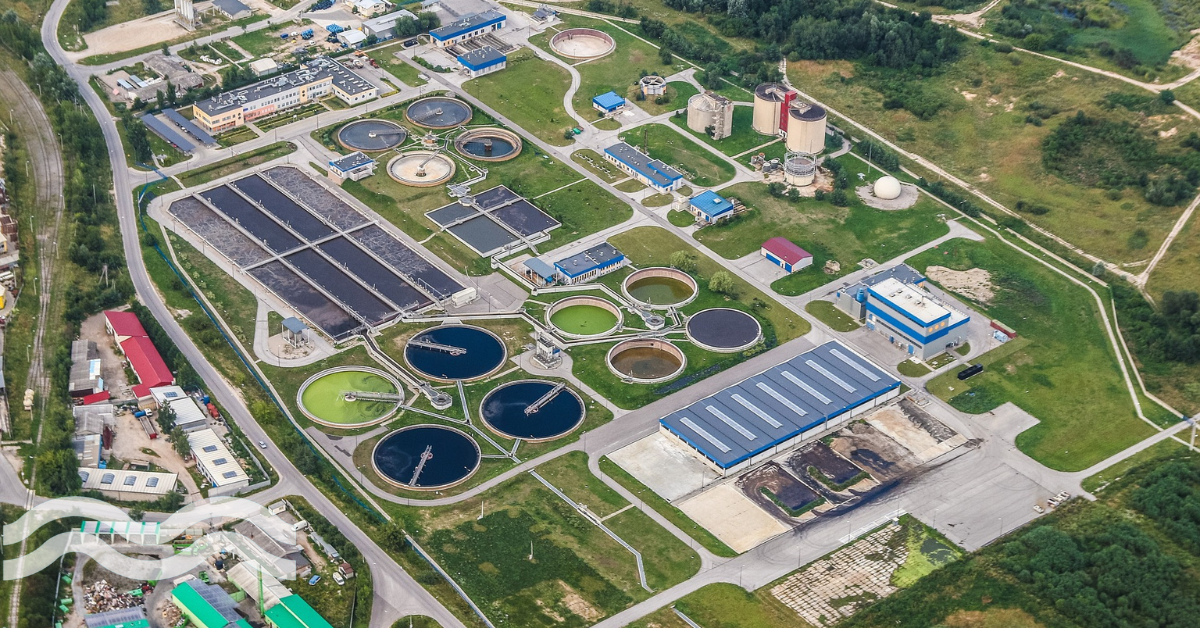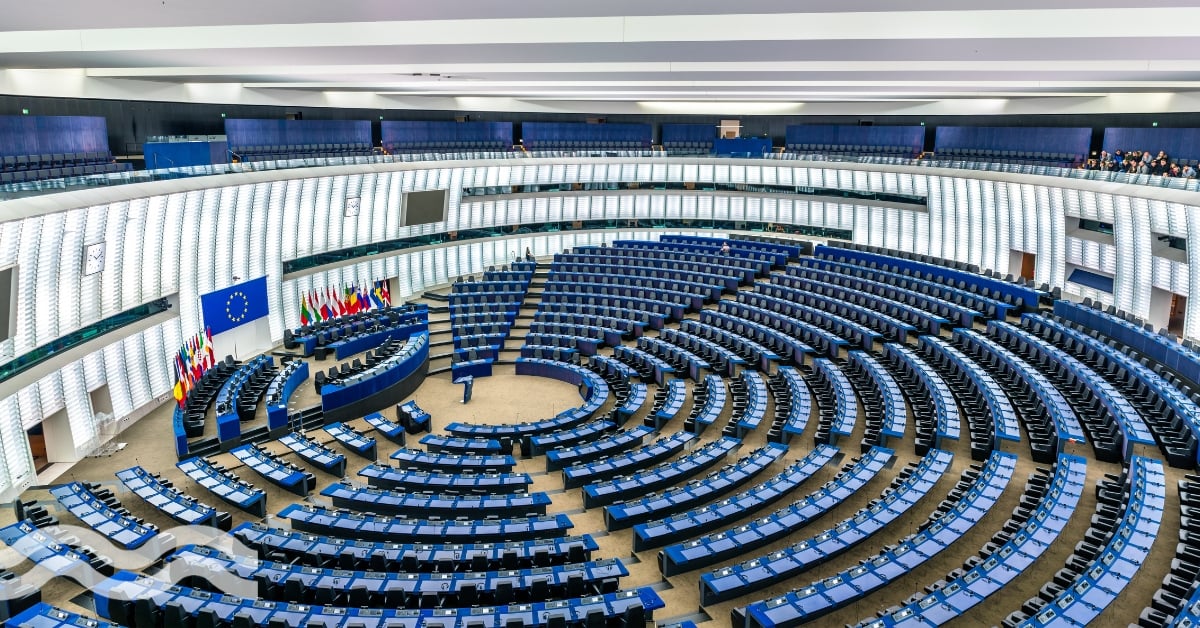Innovators call for great digital role in EU resilience strategy
A joint statement from thirteen water companies has called for the forthcoming European Water Resilience Strategy to adopt digitalisation and data-centric solutions across the entire water value chain as a priority.
Fostering a One Water approach
The signatories to the letter include Bentley Systems, whose senior director, EU government relations, Bernardo Matos, explained on LinkedIn that an uptake of digitalisation across the water value chain "is critical to foster a 'One Water' approach and enhance the link between the green and digital transitions".
The other signatories to the letter were: Autodesk; Cisco; Danfoss; EcoLab; Grundfos; Olympios; Schneider Electric; Siemens; Suez; Veolia; Wipro; and Xylem.
EU Water Resilience Strategy
EU president, Ursula von der Leyen, has committed to adopting the European Water Resilience Strategy during the 2024-2029 political cycle. At the same, the president announced the appointment of Jessika Roswall, Commissioner-designate for Environment, Water Resilience and a Competitive Circular Economy with the promise that 'her role will 'help develop a more circular and more competitive economy. And she will lead the work on water resilience which is a big priority for the years ahead'.
These moves were 'strongly' supported by the signatories of the joint statement, who welcomed the chance to contribute and collaborate towards the strategy's success:
'We therefore look forward to contributing to the future European Commission proposals to digitalise water management, cycles and utilities, as well as the work to facilitate public and private investment in technology and cross-border water infrastructure – announced in the Mission Letter of the new Commissioner-designate for Environment, Water Resilience and a Competitive Circular Economy'.
Roadblocks and solutions offered
Despite strong support for the Water Resilience Strategy, the signories warned that digital uptake faces many challenges, not least the fact that water management ecosystem remains across the EU are currently highly fragmented, with 'competences and responsibilities often spread among Member State, regional and local public authorities, and a wide variety of private actors'.
The signatories highlight the need for a solution that enables the gathering, analysis and sharing of 'trustworthy data, leading to better decisions by all relevant stakeholders throughout the water cycle, including in the drinking water, groundwater, stormwater, and wastewater fields'.
At present, there is a lack of such reliable data, with water leakage offered as a particular example. The uptake of digital tools and deployment of monitoring and modelling technologies are still nowhere near where they should be among member states, according to the statement.
A statement of intent for digital resilience
The signatories call on the EU policymakers to 'develop an ambitious and holistic strategy, supported by dedicated EU funding, which promotes adoption of digitalisation and data centric solutions across the entire water value chain'.
Doing this, they say, will 'ensure EU energy security and resilience, strengthen industrial competitiveness, uphold nature restoration and biodiversity, and take the decisive steps needed toward a more sustainable future'.
The statement finishes with five action points (summarised here), the signatories wish to be adopted:
- Urgently develop an EU-wide Action Plan on digitalisation in the water: including best practice, key proposals, and knowledge sharing programmes. These will feature both engineered and nature-based infrastructures, including digital twins.
- Set up dedicated EU funding and incentives to support the water sector in its digitalisation efforts, with some funding linked to data-centric deliverables on e.g. water leakage. Water should also be prioritised in existing funding frameworks.
- Accelerate implementation of existing EU water legislation at national level with the support of digitalisation. Knowledge-sharing on how digital water technologies can support these objectives should be promoted between and among Member States, as should capacity building at local, regional, and national level (e.g. on monitoring and modelling, interoperability of data formats/standards, leakage reduction, and energy efficiency).
- Expand digital skills and research and development programmes targeting water, including through collaboration with universities, research centres, and small and medium enterprises… The sector will need to attract more tech- and cyber-savvy graduates to a field that is not traditionally considered technological.
- Communicate the value of water through dedicated campaigns, making full use of digital tools and social media platforms, as well as transparency towards consumers. Spreading the message to younger generations is a key element in attracting talent to the water sector – including those with a technology background.
Share your water technology stories with us
Do you have an innovation, research results or an other interesting topic you would like to share with the international water technology industry? The Aquatech website and social media channels are a great platform to showcase your stories!
Please contact our Sr Brand Marketing Manager Annelie Koomen.
Are you an Aquatech exhibitor?
Make sure you add your latest press releases to your Company Profile in the Exhibitor Portal for free exposure.
Loading component...
We promise never to send you spam and you can unsubscribe at any time!



